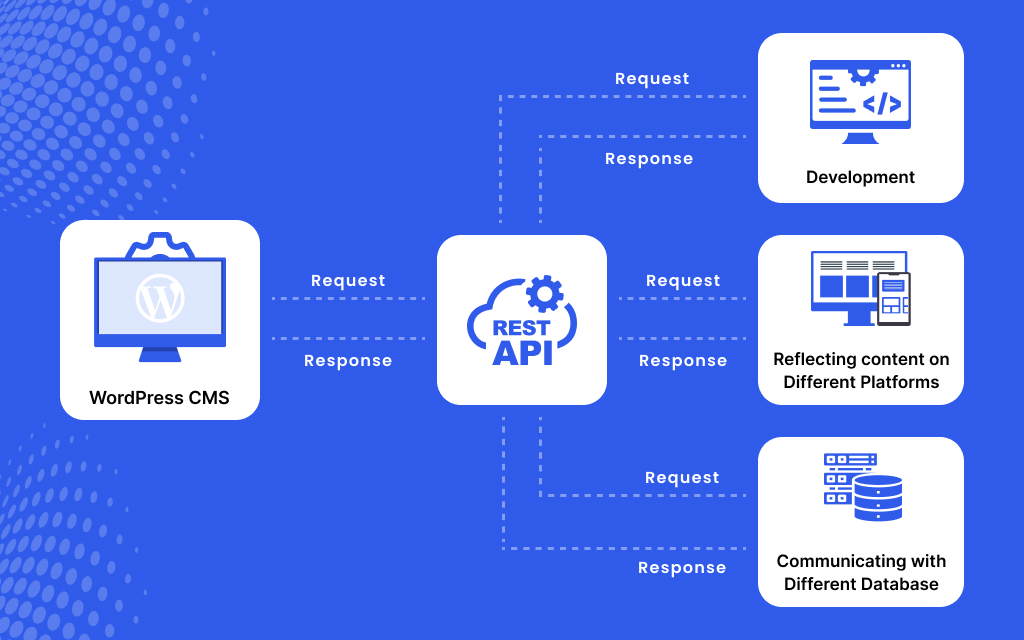The sharp growth of online marketplaces has changed the way customers shop today with unmatched convenience and variety. They offer enhanced customer satisfaction and loyalty with a personalized shopping experience. But, traditional retail stores are facing a decline in sales and foot traffic. This trend forces them to adopt omnichannel strategies.
Online marketplace scenario
The current market size of online marketplaces has doubled at the rate of 29.5% within just six years from $1.7 trillion in 2018 to $3.8 trillion in 2024.

eCommerce giants like Alibaba, Amazon, and Taobao have registered a sharp increase in their revenues (based on 3rd party web sales) with their ecosystem of services. These marketplaces include:
- Taobao – $723.8 billion in 2023 to $762.0 billion by 2024
- Tmall (Owned by Alibaba Group) – $682.7 billion in 2023 to $714.1 billion in 2024
- Amazon (USA) – $435.7 billion in 2023
- JD.com – $249.9 billion in 2023
- Shopee – $77.2 billion in 2023

Environmental challenges of eCommerce
The uprising of e-commerce has fetched substantial environmental challenges. Online shopping is highly convenient, but it comes with a hidden ecological cost. These challenges directly relate to the increased packaging waste, non-renewable energy consumption, and carbon emissions from shipping. Online marketplace giants are leaving a serious environmental footprint through their business operations. They should implement sustainability efforts to address these challenges.
Sustainability efforts by eCommerce giants
Sustainable Packaging
- Amazon has familiarized the “Frustration-Free Packaging” initiative to use eco-friendly design and packaging and reduce packaging waste through recyclable materials
- Alibaba is investing heavily in R&D to develop reusable and biodegradable packaging solutions.
Circular Economy Initiatives
- eBay will deduct demand for new products and promote the sale of second-hand goods.
- Amazon offers refurbished items through its “Renewed” and “Warehouse Deals.”
Carbon Impartiality Targets
- Amazon’s “Climate Pledge” promises to reach net-zero carbon emissions by 2040.
- Alibaba will achieve carbon neutrality and diminish the carbon concentration of its supply chain by 2030.
Renewable Energy
- Amazon is investing in solar and wind projects to influence its operations.
- eBay plans to source 100% renewable energy by 2025.
Green Logistics
- FedEx and UPS will cut emissions from last-mile deliveries by combining electric delivery trucks into their folds.
- Cainiao, owned by Alibaba, uses data analytics to minimize environmental impact and improve delivery efficiency.





Leave a Reply